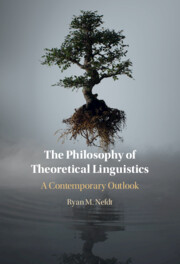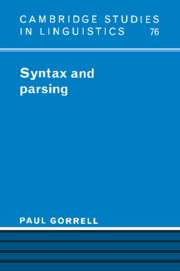The Philosophy of Theoretical Linguistics
What is the remit of theoretical linguistics? How are human languages different from animal calls or artificial languages? What philosophical insights about language can be gleaned from phonology, pragmatics, probabilistic linguistics, and deep learning? This book addresses the current philosophical issues at the heart of theoretical linguistics, which are widely debated not only by linguists, but also philosophers, psychologists, and computer scientists. It delves into hitherto uncharted territory, putting philosophy in direct conversation with phonology, sign language studies, supersemantics, computational linguistics, and language evolution. A range of theoretical positions are covered, from optimality theory and autosegmental phonology to generative syntax, dynamic semantics, and natural language processing with deep learning techniques. By both unwinding the complexities of natural language and delving into the nature of the science that studies it, this book ultimately improves our tools of discovery aimed at one of the most essential features of our humanity, our language.
- Identifies philosophical issues within major subdisciplines of theoretical linguistics broadly construed
- Provides comprehensive analysis of various subdisciplines of theoretical linguistics
- Links linguistics to other sciences (such as biology and computer science) to bring out novel claims and views in subfields where little theoretical work has been done
Product details
May 2024Hardback
9781316514252
244 pages
136 × 160 × 16 mm
0.495kg
Available
Table of Contents
- List of figures and tables
- Acknowledgements
- Preface
- 1. Introduction
- 2. What is a possible human language?
- 3. Syntactic metatheory
- 4. The science of semantics
- 5. Context and pragmatics
- 6. Signs, sounds, action!
- 7. Computational approaches to language
- 8. Language and evolution
- 9. Conclusion
- References.




